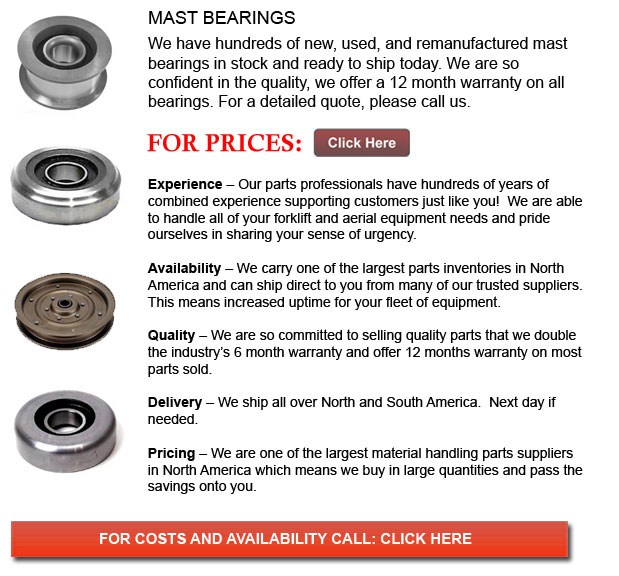
Mast Bearings - A bearing allows for better motion among at least 2 parts, usually in a linear or rotational procession. They could be defined in correlation to the direction of applied loads the could take and according to the nature of their use
Plain bearings are extremely commonly utilized. They use surfaces in rubbing contact, normally with a lubricant such as oil or graphite. Plain bearings may or may not be considered a discrete tool. A plain bearing can comprise a planar surface that bears one more, and in this situation would be defined as not a discrete device. It may consist of nothing more than the bearing exterior of a hole along with a shaft passing through it. A semi-discrete example will be a layer of bearing metal fused to the substrate, whereas in the form of a separable sleeve, it would be a discrete device. Maintaining the correct lubrication allows plain bearings to provide acceptable friction and accuracy at minimal expense.
There are various bearings which could help enhance and develop effectiveness, reliability and accuracy. In numerous applications, a more fitting and specific bearing could improve weight size, operation speed and service intervals, thus lowering the total expenses of using and buying equipment.
Several kinds of bearings with different material, application, lubrication and shape exist in the market. Rolling-element bearings, for example, utilize drums or spheres rolling among the parts in order to lower friction. Reduced friction provides tighter tolerances and higher precision as opposed to plain bearings, and less wear extends machine accuracy.
Plain bearings can be made of metal or plastic, depending on the load or how corrosive or dirty the surroundings is. The lubricants that are utilized could have significant effects on the lifespan and friction on the bearing. For example, a bearing can be run without whatever lubricant if continuous lubrication is not an alternative since the lubricants could draw dirt which damages the bearings or equipment. Or a lubricant can improve bearing friction but in the food processing industry, it can require being lubricated by an inferior, yet food-safe lube so as to avoid food contamination and guarantee health safety.
Most bearings in high-cycle uses need some lubrication and cleaning. They may require periodic modification to reduce the effects of wear. Some bearings can need infrequent maintenance to be able to avoid premature failure, even though magnetic or fluid bearings can need not much preservation.
Prolonging bearing life is usually achieved if the bearing is kept clean and well-lubricated, even if, various kinds of utilization make consistent repairs a difficult job. Bearings located in a conveyor of a rock crusher for example, are constantly exposed to abrasive particles. Frequent cleaning is of little use as the cleaning operation is costly and the bearing becomes dirty once more as soon as the conveyor continues operation.
![]() Click to Download the pdf
Click to Download the pdf
Forklift Parts

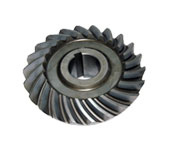
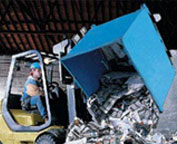
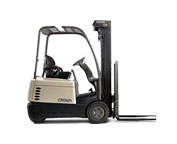
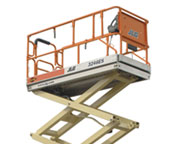
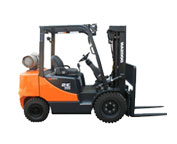
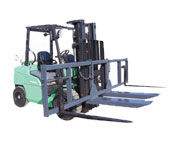
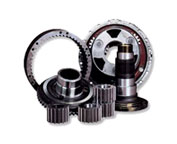
Lift Parts Express
TOLL FREE: 1-888-695-7994
Atlanta, Georgia
forkliftpartsatlanta.com
Email Us
About Us


